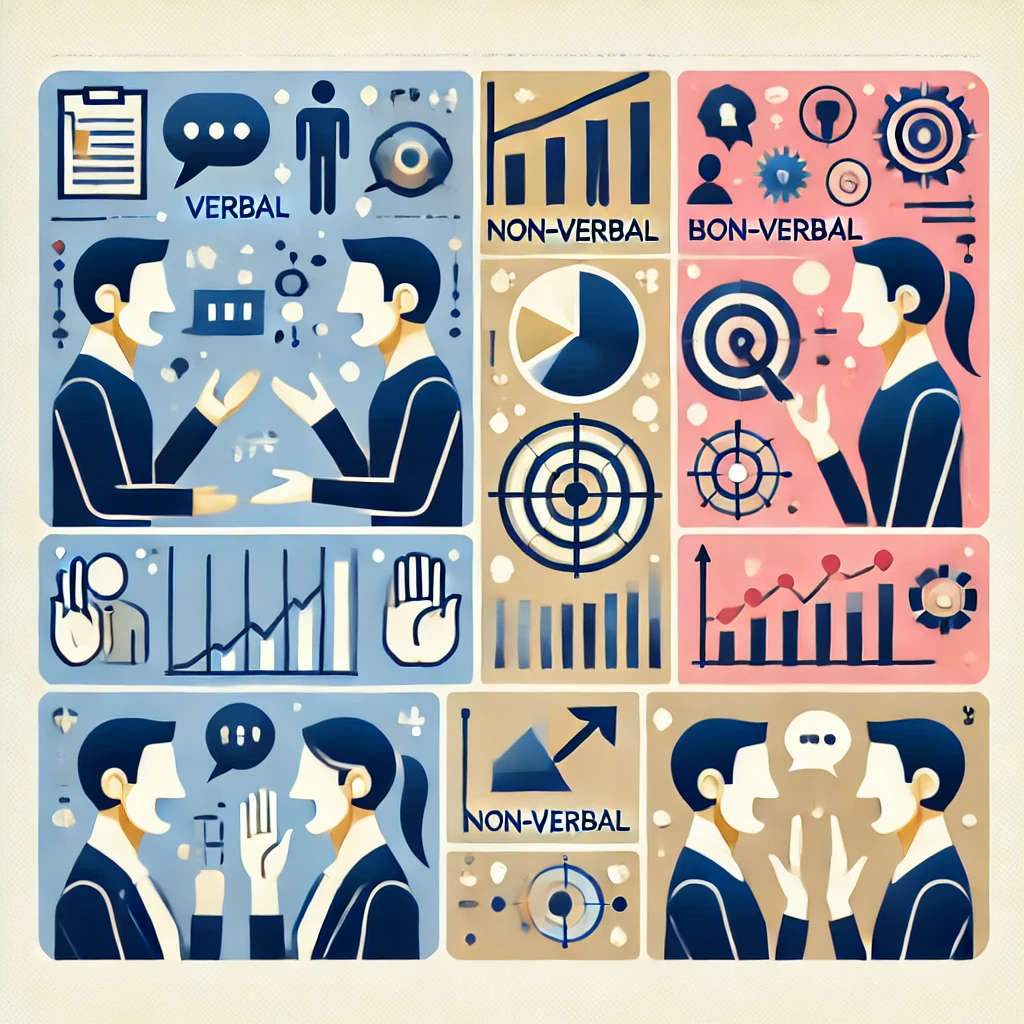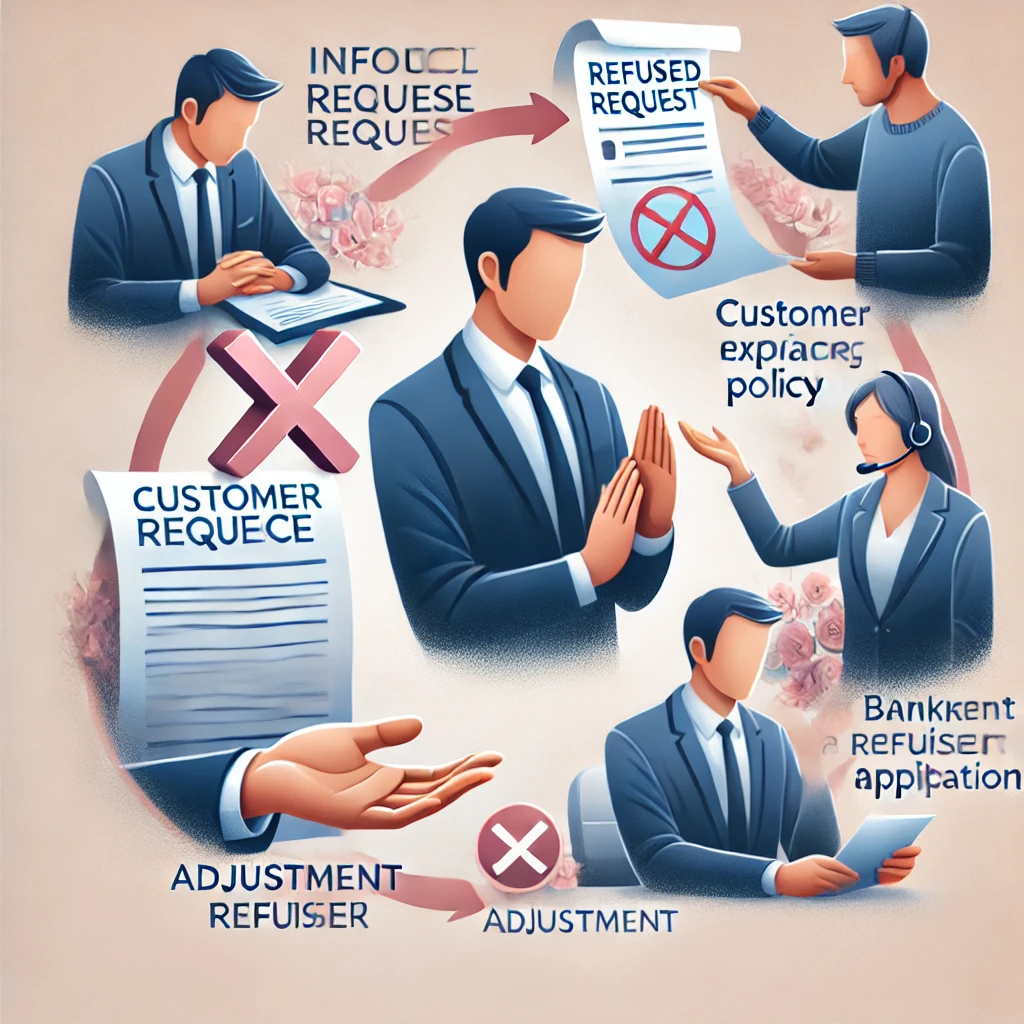Communication is the foundation of human interaction. Whether at home, in the workplace, or online — understanding the different types of communication helps improve relationships and efficiency. This post will explore the three major types of communication: Verbal, Non-Verbal, and Visual.
—
1. Verbal Communication
Definition:
Verbal communication involves the use of words to convey a message. It can be spoken or written.
Examples:
Speaking with someone face-to-face
Phone calls or video chats
Writing emails or letters
Presentations or speeches
Importance:
Verbal communication is essential for expressing ideas clearly, building relationships, and sharing information in both personal and professional settings.
Tips for Improvement:
Think before you speak
Practice active listening
Improve vocabulary and grammar
Use a clear tone and pace
—
2. Non-Verbal Communication
Definition:
Non-verbal communication includes body language, gestures, facial expressions, posture, and tone of voice. It conveys emotions and intentions without words.
Examples:
Smiling or frowning
Eye contact
Hand gestures
Body posture and proximity
Importance:
It helps reinforce spoken words or even contradict them. Non-verbal cues often speak louder than words.
Tips for Improvement:
Be aware of your body language
Maintain good eye contact
Match facial expressions with your message
Avoid distracting gestures
—
3. Visual Communication
Definition:
Visual communication uses images, graphs, charts, symbols, or videos to convey information or support a message.
Examples:
Infographics
Road signs
Social media graphics
PowerPoint presentations
Importance:
Visuals enhance understanding, especially in educational and business contexts. They help break down complex information.
Tips for Improvement:
Use clear and relevant visuals
Keep designs simple and easy to understand
Choose appropriate colors and fonts
Maintain consistency in style
—
Conclusion
Understanding the three types of communication — verbal, non-verbal, and visual — empowers us to communicate effectively in all areas of life. Mastering each type leads to stronger relationships, clearer expression, and better professional outcomes.
—
Call to Action:
Want to improve your communication skills? Subscribe to our blog for tips and practical guides on becoming a better communicator!




